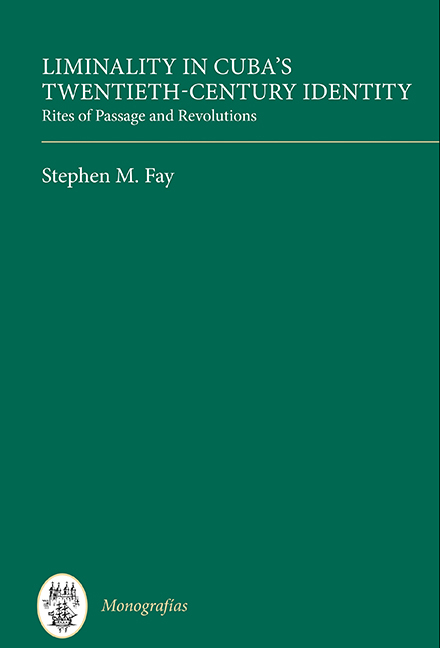Chapter 1 - 1923: Annus mirabilis
from PART I - 1923–1933
Published online by Cambridge University Press: 14 September 2019
Summary
The liminal epiphany of 1923
Despite the fact that by 1923 the sugar industry had clambered to its feet after the catastrophic danza (with a bumper crop to be sold at the highest prices since independence, bar the extraordinary summer of 1920), the persistent political self-interest, economic subservience and ethical collapse ensured that the gloomy mood of neo-colonial impotence lingered. Taunted by a stubborn Spanish economic influence, bullied by an overbearing United States and undermined by a cynical Cuban political elite, the task of constructing the civitas of an independent nation and the sensibilidad to match seemed doomed to failure. But just as Cuba's ‘vitalidad como nación’ (Ortiz 1923d: 87) seemed about to expire, a spark of stubborn resistance was ignited: ‘reform was in the air, and it was a presence that offered the prospect of nothing less than a total regeneration of the republic’ (Pérez Jr 2006: 236). 1923 was an annus mirabilis for the Cuban Republic, a turning point in which the sensibilidad of the age shifted suddenly from lassitude and bitter frustration to the kind of ‘heightened pitch of self-consciousness’ that Turner describes as typical in liminal transitions (1969: 167). A series of financial scandals involving the widely disliked (and sexagenarian) president coincided with the coming of age of a new generation of analyst-authors of the national narrative. Whilst recognising and analysing this generational clash, this chapter will rather suggest that the prime discursive confrontation in 1923 was not based on age at all. Instead, the reflection on identity typical of the liminal phase of the rite of passage took place on the spatial plane, around very different interpretations of Cuban insularity and its implications for nationhood, and on the ethical plane, around very different attitudes towards the ‘sins’ and ‘sicknesses’ afflicting Cuban sensibilidad and the possibility (even desirability) of a collective pardon or cure.
Fuelled by an intolerance of neo-colonial corruption and by an appetite for collective catharsis, the so-called Generación del ‘23 was undoubtedly in the vanguard of this anguished introspection:
En los años del gobierno de Alfredo Zayas, llegan a la madurez los cubanos nacidos entre 1895 y 1902, esto es, una nueva generación que ni tiene complicidad con el deterioro creciente de la República intervenida ni está comprometida, como sucedía con la masa de los libertadores, a seguir determinados cabecillas, caudillos o líderes.
- Type
- Chapter
- Information
- Liminality in Cuba's Twentieth-Century IdentityRites of Passage and Revolutions, pp. 29 - 52Publisher: Boydell & BrewerPrint publication year: 2019



